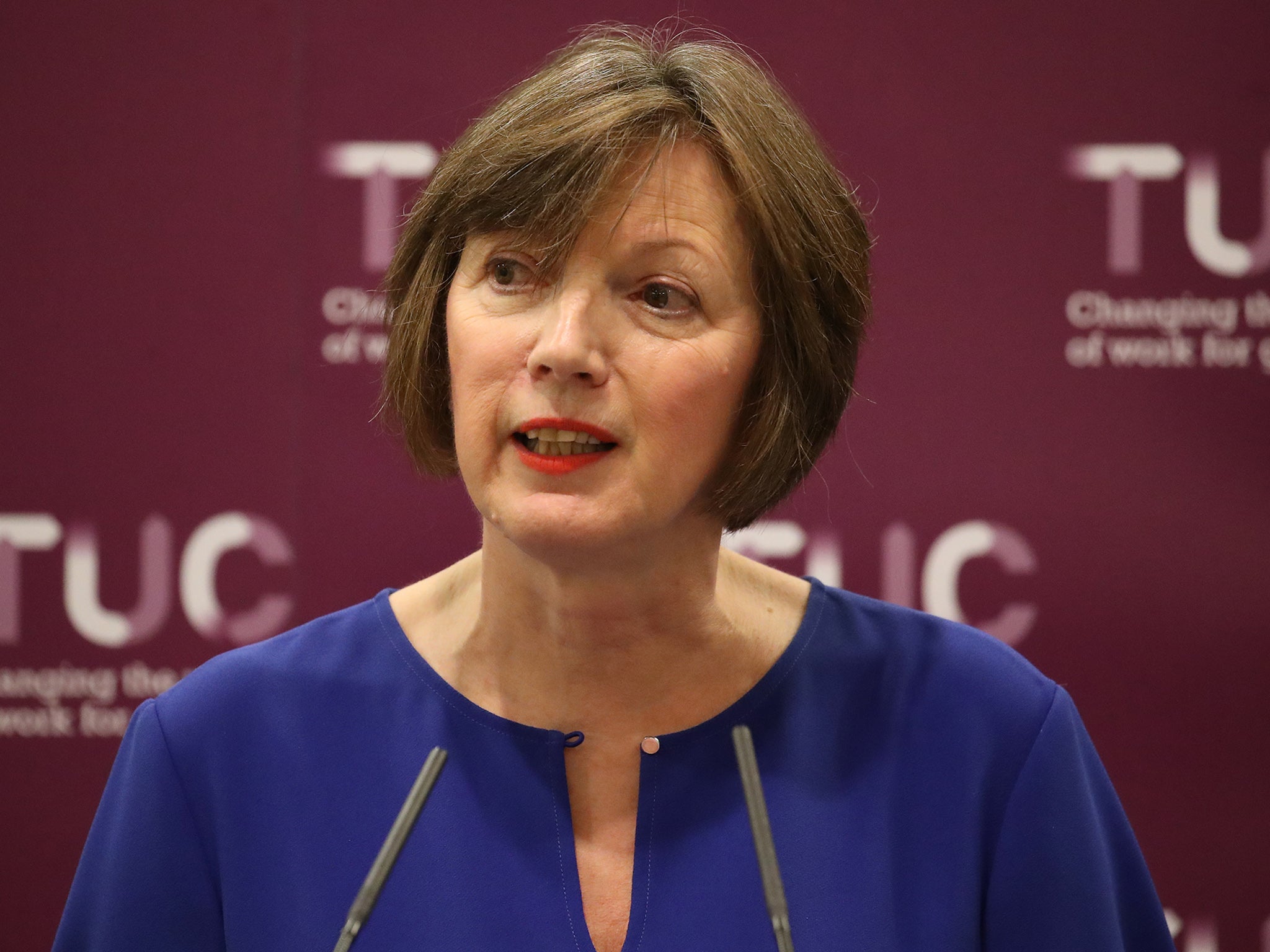TUC right to call for an increase in sick pay even as coronavirus jobs crisis looms
More than four in ten workers would be plunged into financial crisis if forced to self-isolate. Given the government refuses to obey the law why should people staring down the barrel of bankruptcy or worse, asks James Moore


The TUC has taken the opportunity of the start of its first virtual congress to highlight one of the major holes in the effort to fight coronavirus.
More than 4 in 10 workers, according to a survey it commissioned from BritainThinks, would face severe financial hardship if forced to self-isolate for two weeks on Britain’s dismal statutory sick pay.
This shouldn’t come as a surprise. Ninety six quid a week isn’t enough to live on.
You may recall that health secretary Matt Hancock told TUC general secretary Frances O’Grady that he wouldn’t be able to live on that amount when she raised the issue on the BBC’s Question Time.
The same Matt Hancock also yesterday said he was comfortable with the government’s astonishing plan to break the law by tearing up the Brexit withdrawal treaty if a trade deal isn’t reached, which led to the resignation of the UK’s top legal civil servant.
If Hancock can countenance breaking the law in the event his boss doesn’t get his way, it’s fair to ask why workers should uphold it if their bosses and/or the government won’t pay.
Of course failing to self isolate is horribly irresponsible. It puts other people’s lives and health at risk. But so is Boris Johnson’s plan to unilaterally tear up the withdrawal agreement, which has the status of an international treaty. Note the fragility of peace in Northern Ireland, which is just one of the things that would be endangered through setting fire to it.
If the government can turn around its failing “track and trace” effort, and that’s a big if given the state of the tech and the ability of people to access coronavirus tests, it’s going to need people exposed to the virus to act responsibly and self isolate. But as I have repeatedly written, and the survey underlines, the hard fact is that millions of people simply can’t afford to do that.
The TUC has a solution. It says that statutory sick pay should be increased to the level of the living wage, which would take it to £320 a week. If that’s too rich for chancellor Rishi Sunak’s blood, increasing it to the level of the national minimum wage would at least help.
The government’s failure to act on this issue is ultimately self defeating when you consider the economic damage that would be caused by a second lockdown through people failing to self isolate because of the economic pressures they are under. And with cases rising again, that is now a very real risk.
When those surveyed were asked to select their three top priorities for improving work, increasing the level of sick pay was the third highest priority, beaten only by raising the national minimum wage to £10 an hour and banning zero-hours contracts.
Clearly O’Grady’s commendably safety first virtual congress, isn’t going to be short of things to discuss in addition to this. It isn’t just improving work that unions are having to grapple with. It’s their members having any work at all.
The looming jobs crisis will be in full swing after Sunak’s furlough scheme ends in October. That will be similarly high on union agendas.
An increasing number of people face being cast onto the jagged rocks of universal credit. It’s a sad fact that for them the debate over sick pay is academic.
The return of mass unemployment, something many of today’s younger trade unionists won’t have experienced, will inevitably deprive unions of members.
On the other hand, several of them have reported an increase in applications to join as the current cloudy economic and employment outlook convinces people of the benefits of having representation.
Unions currently face both threat and opportunity.
A digitally led event is one way of capitalising on the latter. It ought to increase participation. It’s a message delegates should take away with them.



Join our commenting forum
Join thought-provoking conversations, follow other Independent readers and see their replies
Comments